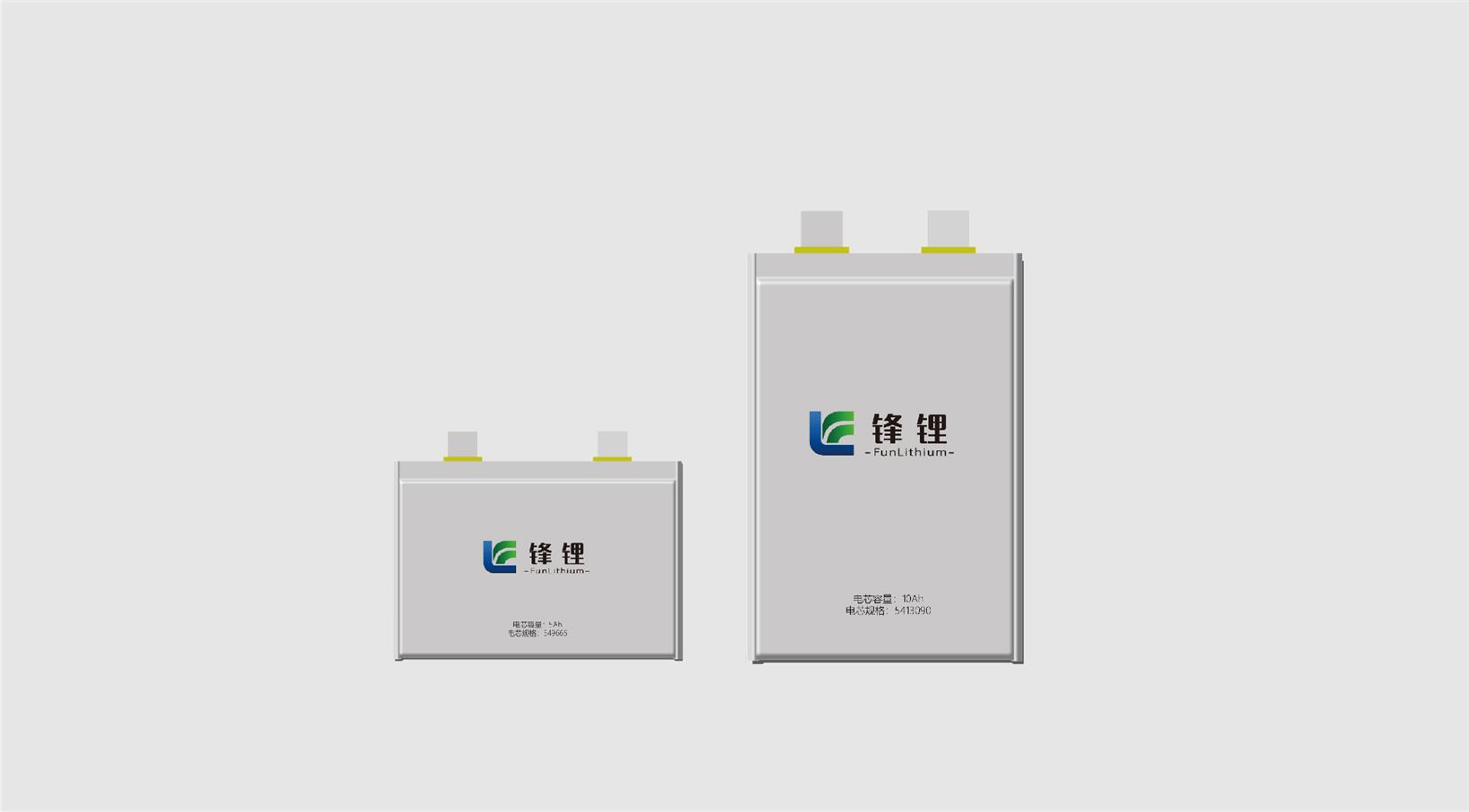NEV solid-state battery likely to realize industrialization in 2030 in China: auto think tank
Shanghai (ZXZC)- Solid-state batteries used for new energy vehicles (NEVs) are expected to advance into industrialization process in 2023, according to a report released by Chinese automotive think tank, Automotive Data of China Co.,Ltd. (ADC), on Dec. 14.

Ganfeng Lithium's solid-state lithium metal battery; photo credit: Ganfeng Lithium
Quite a few companies are vigorously making layouts in solid-state battery business, and some of them have made major achievements. Earlier this month, Ganfeng Lithium launched its “semi-solid-state” battery which uses both oxide-based solid and liquid electrolytes, and revealed the development of its second-generation solid-state battery is underway.
Additionally, BAIC BJEV said this week it has completed the development of its second-generation solid-state battery cell, the bench testing and validation of the battery system, as well as the validation of the battery installation in complete vehicle model, namely, the ARCFOX αT.
In terms of installed capacity, the share of power batteries with energy density below 140Wh/kg and above 160Wh/kg has significantly risen in China, according to the report.
As for technical routes based on battery materials, ternary-lithium battery features higher costs as it contains rare metals of lithium, cobalt or nickel, while the development of new technologies like “low-cobalt” and “cobalt-free” batteries makes cost reduction possible. Thanks to a more stable crystal structure, the lithium iron phosphate material enables a longer theoretical service life for batteries, the report said.
The report also notes that lithium, cobalt and nickel are currently main metals used in power batteries, while developing sustainable raw material supply solutions is of great significant to future energy supply.

